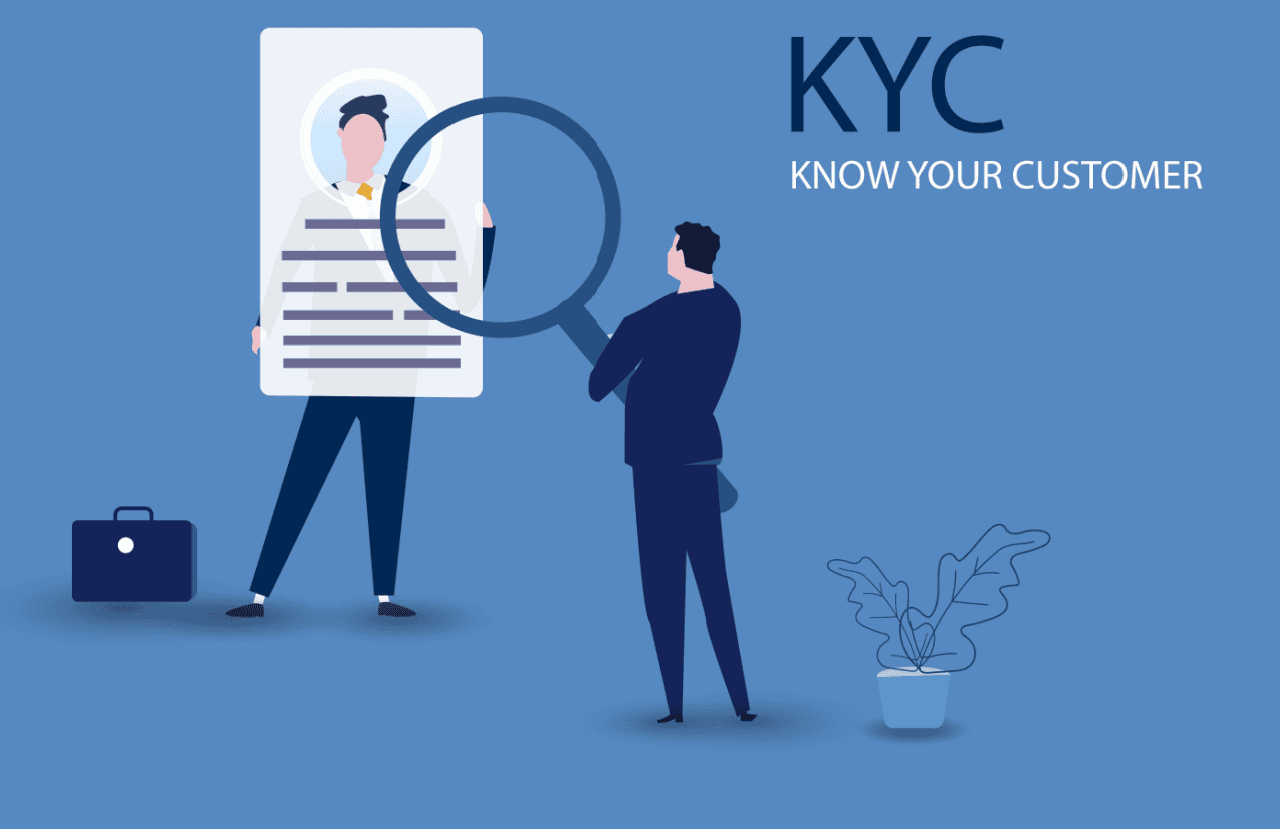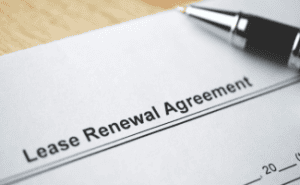Section 8 Housing – Good or Bad Investment?

What is Section 8 Housing?
Section 8 Housing is a government program that allows low-income families to afford housing in the private market. Families must meet certain income requirements, as well as other requirements such as background checks and criminal history.
Benefits of Ownership
The benefits of owning affordable housing are numerous. First, you don’t have to worry about rent being paid on time or dealing with tenants who don’t pay their bills. The government payments are deposited directly into your bank account and come with no strings attached; if you’re a landlord in this situation, there’s very little chance that your tenant will suddenly decide not to pay their share of the rent anymore (aside from those rare cases where someone passes away).
Secondly, there is high demand for Section 8 housing from renters who qualify for subsidies because it gives them access to cheaper rents than they would otherwise receive without assistance from HUD or other government agencies that provide financial aid programs such as Section 8 vouchers.
Section 8 Housing is a Win-Win
The biggest advantage of section 8 housing is that low-income families can live in a decent home. There are many different types of section 8 housing, but the most common type is where you earn a steady income from your job and the government will pay for the rent for you. This means that tenants are less likely to move out because they know they won’t have to worry about paying their rent every month, which saves both them and their landlord money in moving costs!
Another great thing about this program is that it helps people get back on their feet after an unfortunate event like losing their job or getting divorced (as long as there was no criminal activity involved). The only requirement someone needs before being approved for Section 8 Housing Program is proof they make less than 50% AMI (area median income), so if someone makes $30k/year then they qualify automatically without having any documentation at all except maybe proof of residence such as utility bills etc.
Drawbacks of Ownership
The biggest drawback to owning section 8 housing is the rent cap. Rent prices for these properties is determined by a formula that considers local market conditions and the cost of providing decent, safe and sanitary housing. The actual amount you receive each month will depend on HUD’s assessment of your unit’s value, but it can’t exceed 30% of your gross income as determined by your financial statement.
Another disadvantage is that every eviction must follow HUD guidelines; if you try to evict someone without following these rules, they may sue you in court or have their subsidy terminated by their landlord agency (which would mean they’d have no choice but to find another place). In addition, all properties are subject to extensive property inspections at least once per year; if there are any problems found during these inspections (e.g., mold growth), then additional fees will be assessed against both landlords and tenants alike–and guess who pays those costs?
Finally, there is no such thing as a “free market” when it comes to government-subsidized housing. These properties are strictly regulated by HUD and must follow strict guidelines regarding rent caps, tenant screening, and so forth.
How Tenants Qualify for Section 8 Housing
The requirements to qualify for section 8 housing are fairly simple. First, you must meet the income requirements. The amount of money that qualifies you varies by location and can be found on this website: https://www.huduser.gov
Second, you must live in your property as your primary residence (meaning it’s not just a vacation home). If this is true for you and your family, then it’s time to look into getting approved for section 8 housing!
Conclusion
We hope that you’ve learned a bit more about section 8 housing and whether or not it’s right for you. If you have any other questions, please feel free to reach out! We’d love to hear from you.
Join AAOA for Free!
All types of rental property owners welcome















 Accessibility
Accessibility